These 7 Books Can Help You Make More Money and Advance Your Career
“What book should I read?”
There’s a reason that entrepreneurs ask each other that. It’s because the best books aren’t just a good read — they’re a comprehensive guide for how to build, grow, and tackle the biggest challenges. So, what should you read? We get pitched a lot of books at Entrepreneur, and wanted to highlight a few from the past year that jumped off the page. The books below can help you overcome adversity, make more money, build a stronger company, and discover the overlooked benefits of… quitting?
Read on, and then read on!
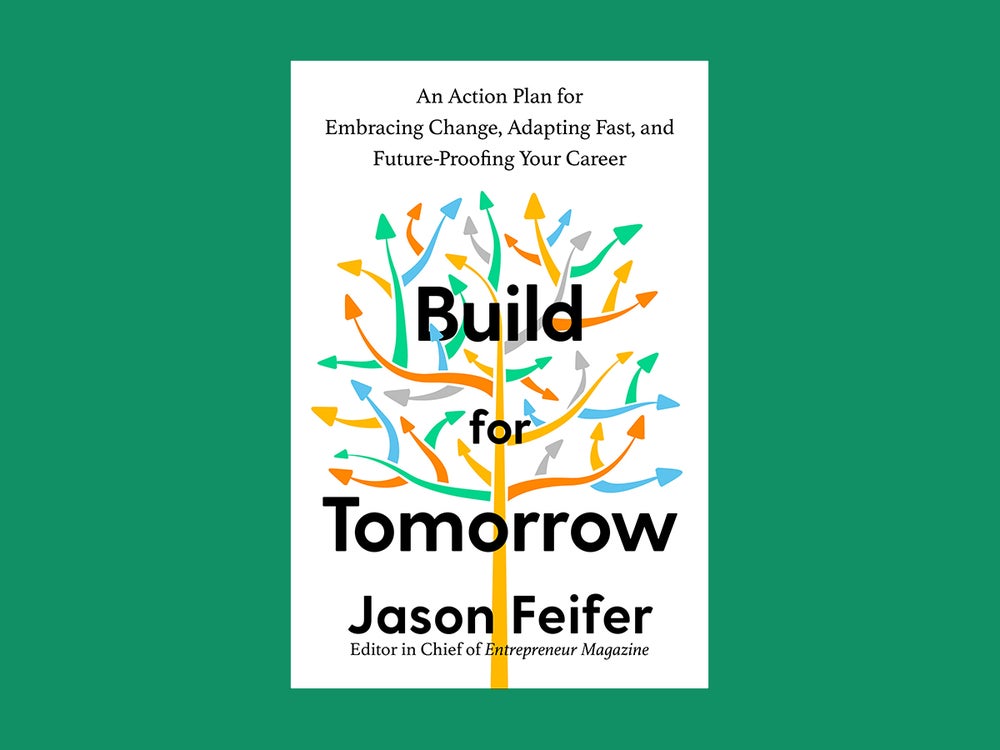
Build For Tomorrow, by Jason Feifer
The perfect book for: Anyone facing a big change in their career.
About the book: The most successful people have failed. And failed. And failed. And yet they keep going — reinventing themselves, adapting to change, and turning adversity into opportunity. How are they doing that? That’s what Entrepreneur editor in chief Jason Feifer wanted to know, so he spent years studying the smartest, most successful entrepreneurs.
In this book, he puts their lessons into action: He offers a concrete plan for anyone struggling with change, and gives readers a competitive advantage. You’ll learn how to think more optimistically, how to expand your skillset, how to treat failure as data, and most importantly, how to let go of yesterday — and build for tomorrow.
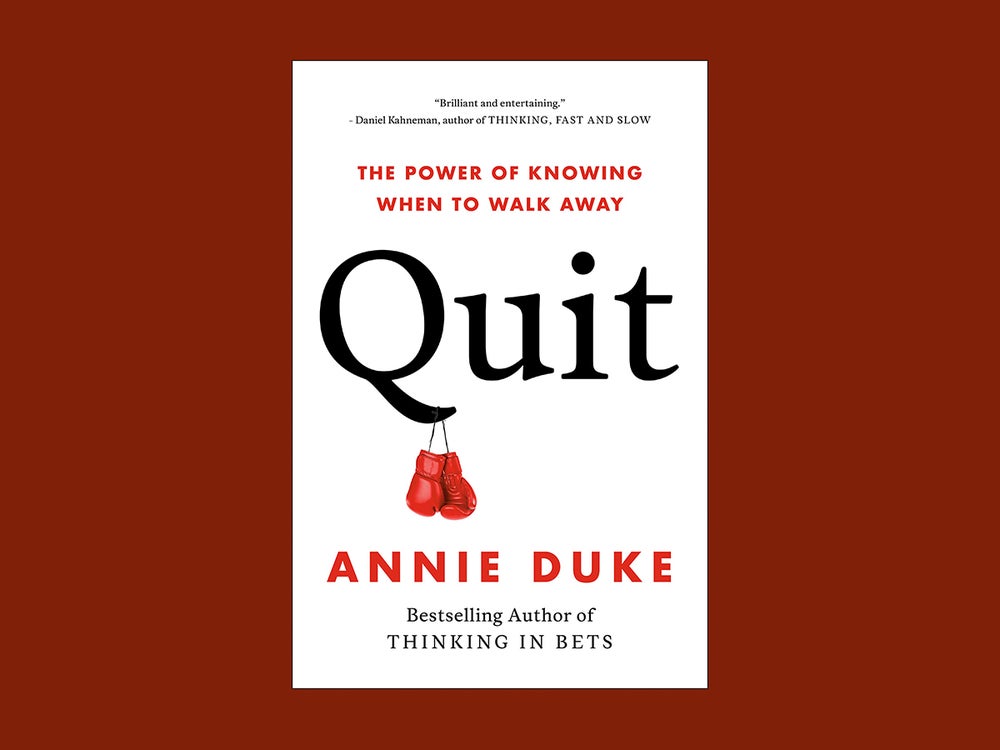
Quit, by Annie Duke
The perfect book for: Anyone who’s feeling stuck.
About the book: Quitting has a bad reputation, writes former poker player and accomplished decision-making expert Annie Duke. In this book, she presents quitting very differently — not as a sign of failure, but as an important decision-making strategy that can free us from potentially dead-end projects. “If you’re near the top of Everest and the weather changes, you want to turn around,” she writes. “The same is true for your major, or your job, or the direction of your career, or a relationship, or piano lessons, or even something as small as a movie you’re watching.”
In Quit, Duke argues convincingly for the virtues of quitting, and then helps us ease into one of the hardest decisions we might ever make.
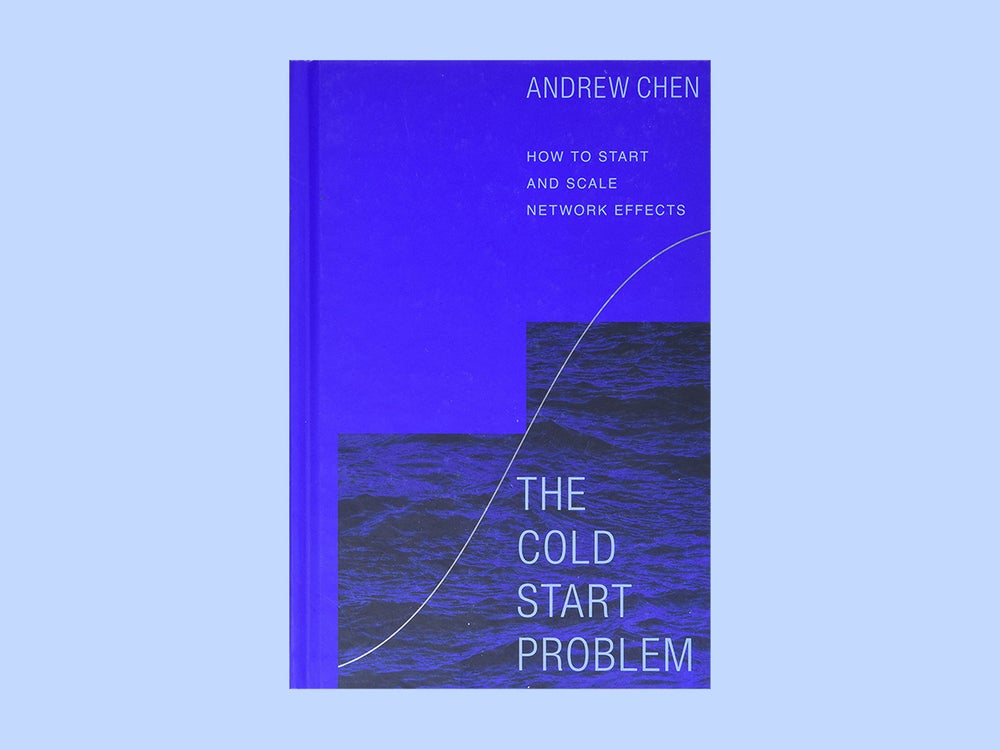
The Cold Start Problem, by Andrew Chen
The perfect book for: A founder looking to grow big.
About the book: Lots of people talk about “network effects,” but Andrew Chen noticed a problem: Very few people really understood what they are, or how they can help a business. He’s a general partner at the high-profile Silicon Valley VC firm Andreessen Horowitz, and set out to solve this problem with his book.
A network effect, he writes, is when a company becomes more valuable as more people use them. (Tinder and Airbnb are good examples: They’re not very useful unless lots of people are on it.) So how can a founder quickly create a network effect — and what can anyone, in any industry, learn about building a community of enthusiastic users? His book is a guide to doing that, and doing it counterintuitively: To build a big audience, he says, you must start with an intentionally small one.
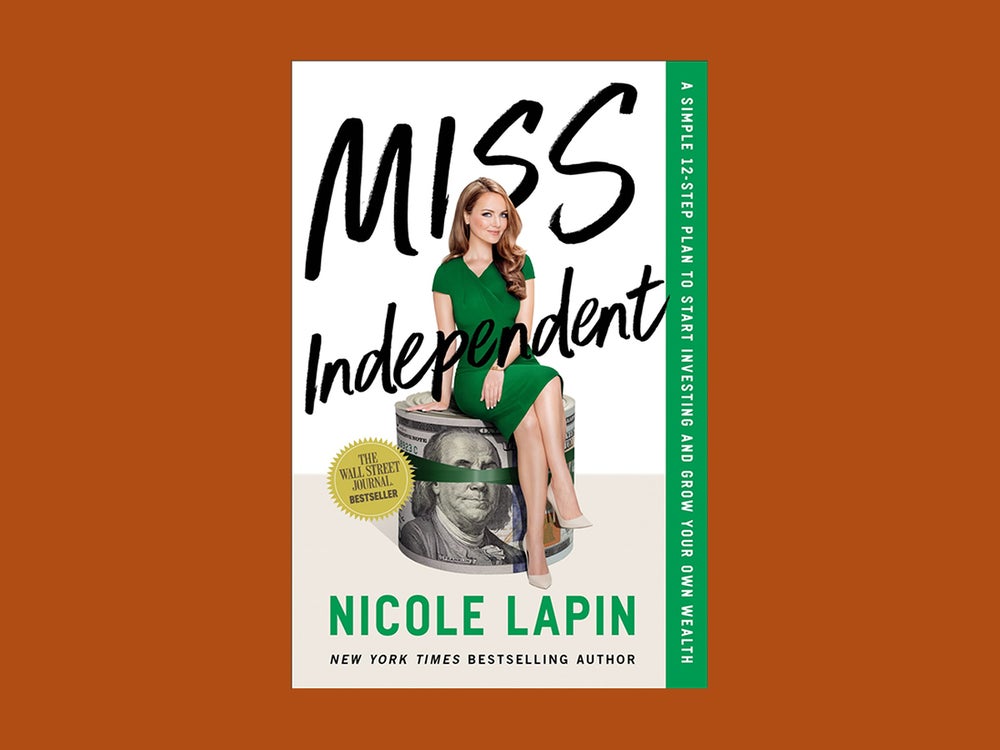
Miss Independent, by Nicole Lapin
The perfect book for: Hard workers who want to become real earners.
About the book: If you want to make real money, you don’t just work a job. You invest. That’s the message from best-selling finance expert Nicole Lapin, whose book Miss Independent offers a 12-step plan for anyone who wants to start investing and think more seriously about building wealth.
Don’t understand this stuff? That’s what Lapin specializes in. She breaks down life’s most complicated financial decisions, such as taking out a mortgage or owning investment properties, and also offers a guide to investment tools like stocks, bonds, REITs, and crypto. “You’ll never be as young as you are today,” she writes, “and it’s never too late to enhance your independence.”
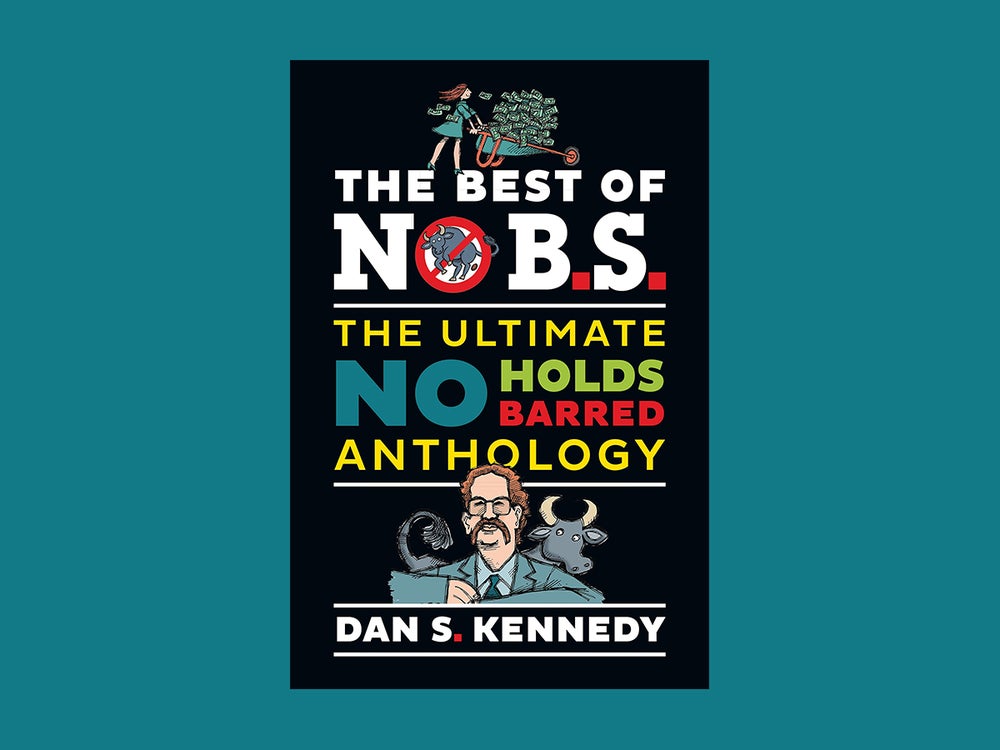
The Best of No B.S., by Dan S. Kennedy
The perfect book for: The marketer who’s looking to increase sales.
About the book: Serial entrepreneur Dan S. Kennedy loves great sales and marketing — and he calls B.S. on everything else. His long-running series, No B.S., has been telling it straight about business for years, and now he’s compiled the best advice in one place.
This anthology covers everything from how best to spend your marketing dollars, how to turn passive content into active conversion tools, how to master the art of direct marketing, and he even devotes a chapter to ripping apart a very real magazine ad… and then explaining (in great detail!) how anyone could do better.
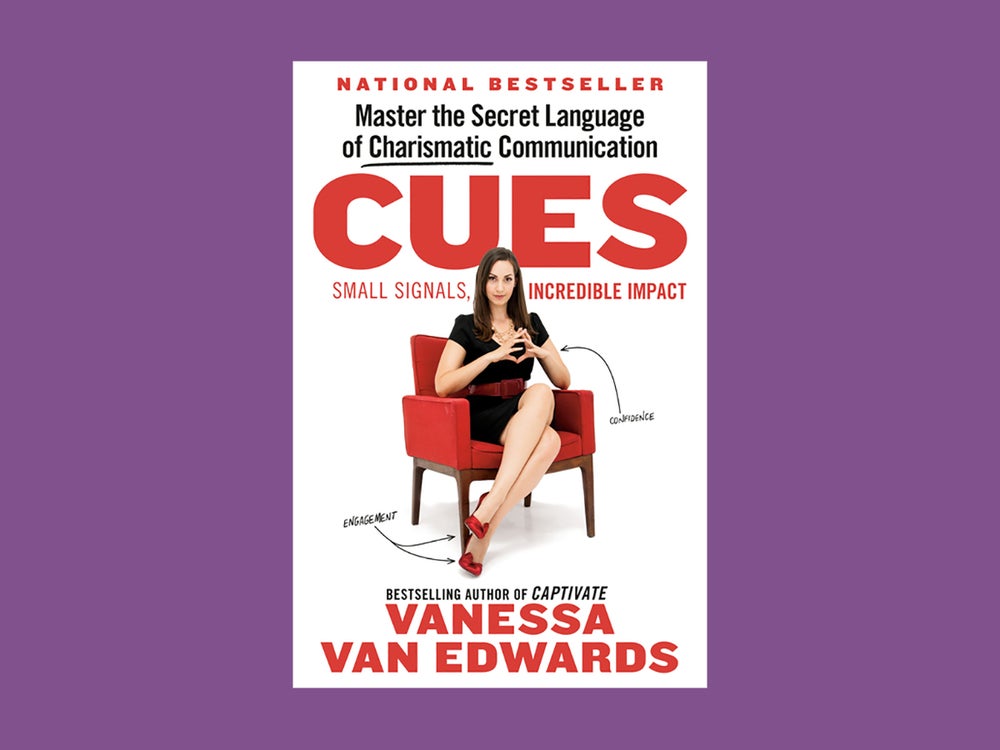
Cues, by Vanessa Van Edwards
The perfect book for: Introverts who want to stand out.
About the book: Humans speak an unspoken language. It happens in our posture, our gestures, and the little signals we send and receive — often without thinking about it. So what would happen if you learned to read those signals better, and then communicate with them more intentionally? That’s what self-described “recovering awkward person” Vanessa Van Edwards teaches here, in a book that helps introverts and ambiverts connect with others and communicate more convincingly.
For example, we all use “comfort gestures” — little movements that distract ourselves from uncomfortable situations, but that also make us appear less charismatic. Van Edwards lists them out, then offers “displacement tactics” that give our nervous bodies something better to do.
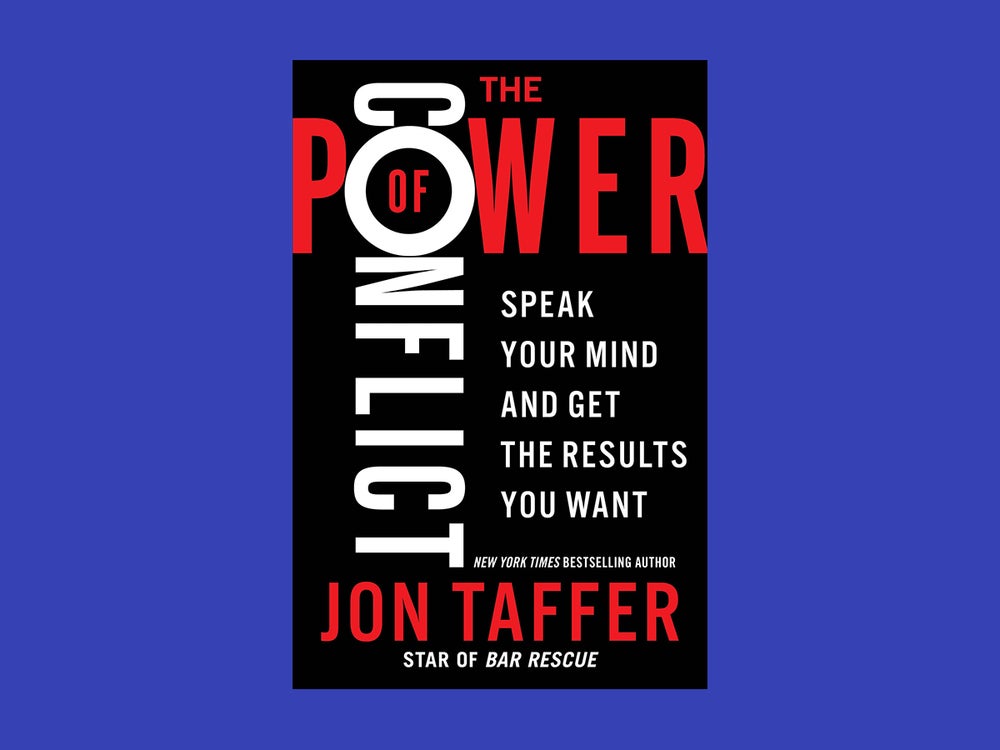
The Power of Conflict, by Jon Taffer
The perfect book for: Someone who struggles to get what they want.
About the book: Jon Taffer has a reputation for yelling. It’s something he does often on his TV show Bar Rescue, where he lets loose on misguided restaurant owners and their ungrateful staffs. But in his new book, Taffer explains that not all conflict is created equal.
Most people use conflict emotionally, which he says is counterproductive. But when conflict is used respectfully and purposefully, it can be a powerful personal and business tool. In The Power of Conflict, Taffer offers a guide to embracing conflict and using it well — lessons that are equally useful for people who avoid conflict, and for blowhards who don’t know any better.
https://www.entrepreneur.com/article/434581